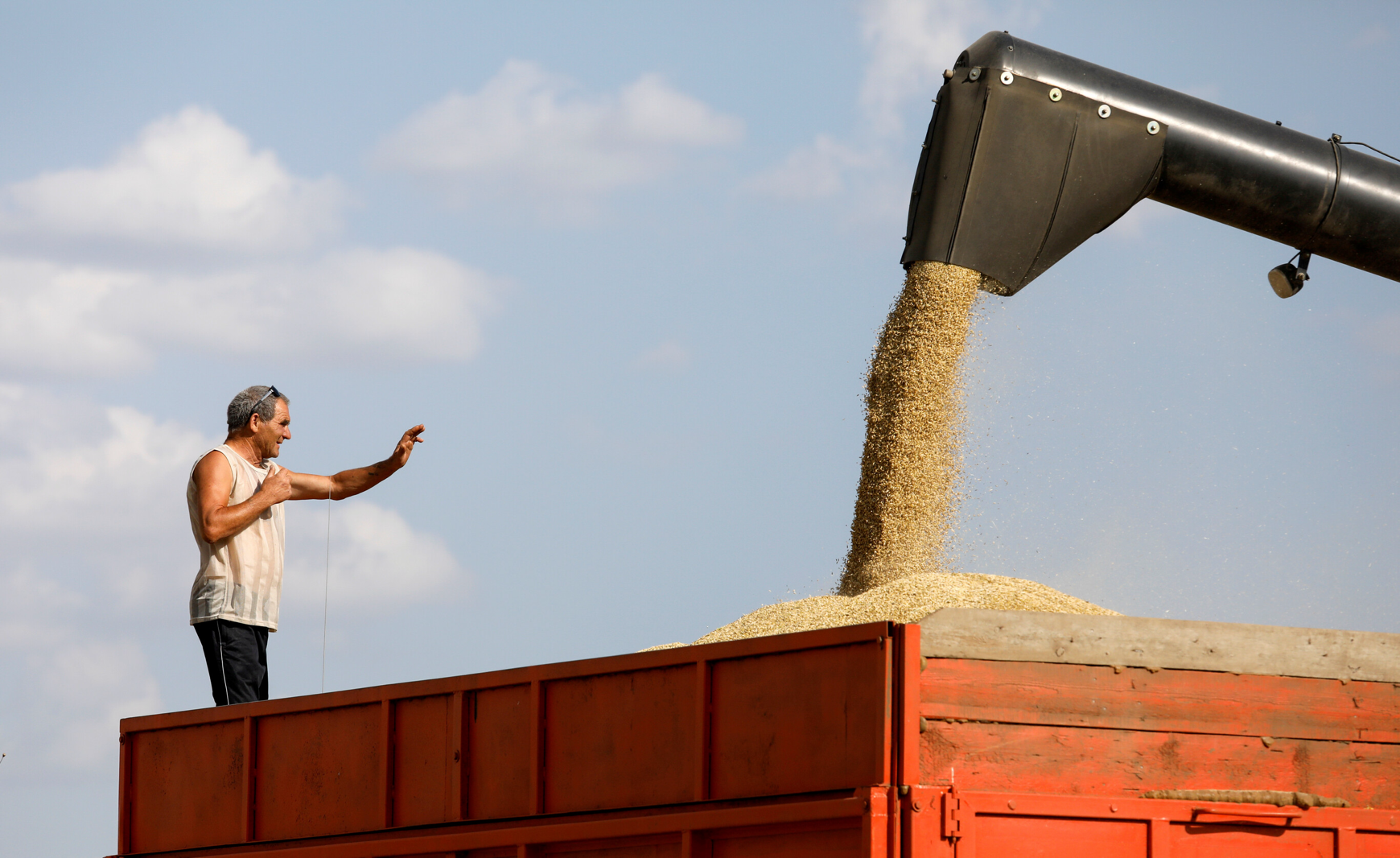The United Nations has helped boost Russian exports of food and fertilizers, facilitating a steady flow of ships to its ports and lower freight and insurance rates, a U.N. spokesman said on Friday after U.N. and Russian officials discussed the efforts.
Top U.N. trade official Rebeca Grynspan met with Russia’s Deputy Foreign Minister Sergei Vershinin in Geneva on Friday as Moscow threatens to walk away from a deal allowing the safe export of food and fertilizer from Ukraine’s Black Sea ports on July 17 if obstacles to its own such shipments are not removed.
To convince Moscow to agree to the pact known as the Black Sea Grain Initiative – brokered by the United Nations and Turkey in July last year – a three-year agreement was struck at the same time under which U.N. officials agreed to help Russia with its own food and fertilizer exports.
U.N. spokesman Stephane Dujarric said “the past months have shown tangible progress” on improving Russian exports, but added: “Challenges remain but we will spare no effort to overcome all remaining obstacles.”
While Russian exports of food and fertilizer are not subject to Western sanctions imposed after the February 2022 invasion of Ukraine, Moscow says restrictions on payments, logistics and insurance have amounted to a barrier to shipments.
Russia’s Ambassador to Turkey said on Friday that while Moscow continues talks with the United Nations on the Black Sea grain deal, there are no grounds to extend it beyond July 17, the RIA news agency reported.
Dujarric said that in the coming weeks U.N. officials would remain focused on trying to further improve Russian food and fertilizer exports before July 17.
“The United Nations remains resolutely committed to working for global food security by ensuring that essential food and fertilizers reach global markets and are available and affordable for all,” he said.
Reporting by Reuters; Editing by Mark Trevelyan, Kirsten Donovan



